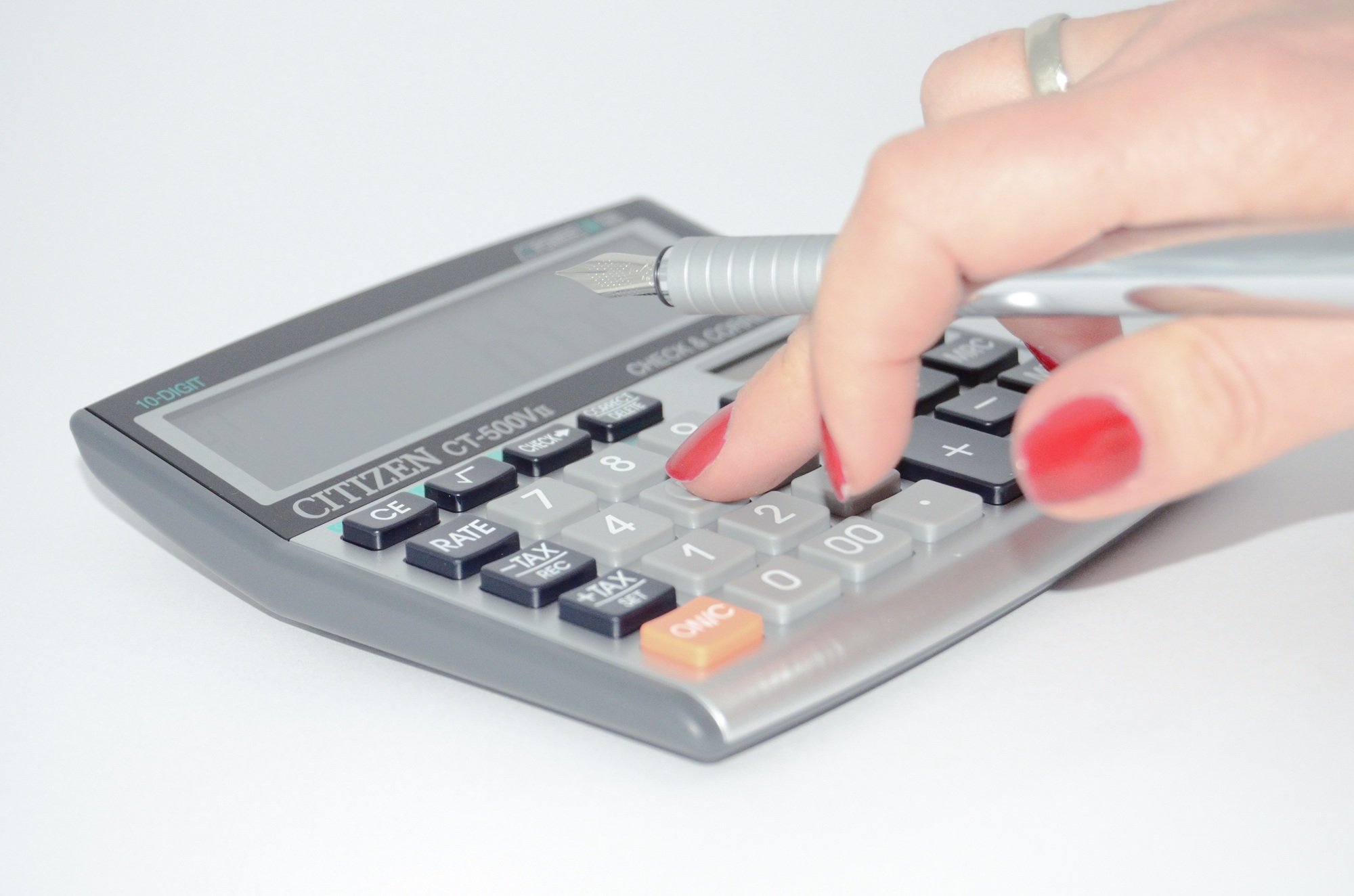The goal of any rental property investor is to make money. Generating rental income helps investors reach this goal, but you can also save money at the end of the tax year by deducting some of your expenses.
The IRS allows property owners to deduct ordinary and necessary expenses for managing and maintaining a property. You can also benefit from the rental property tax depreciation.
To receive depreciation deductions over the years, it's important to keep good rental property accounting records. Keep reading to learn more about rental property depreciation and accounting.
What Is Rental Property Depreciation?
Investors who buy property to use as rentals inherit the costs of managing, improving, and maintaining it. Because you generate rental income from an investment property, it's considered a business endeavor.
The IRS assumes that your investment property will depreciate over time, losing its value as you maintain and rent it out. You can deduct the costs and loss of value from your taxes.
It's important to manage your rental property accounting effectively to have the documents you need to prove you have a depreciable property.
Depreciable Property
Various factors go into depreciating rental property. According to the IRS, you can depreciate a property that meets certain requirements, such as:
- You are the owner of the property
- You use the property to produce rental income
- The property has a determinable "useful life"
- The property is expected to last for longer than a year
The property must meet all of the requirements and not be disposed of in the same year you do your taxes.
Depreciation Systems
A residential rental property used to make landlord income is depreciated using the Modified Accelerated Cost Recovery System (MACRS). This accounting technique spreads costs over the years, the amount of years depending on the method used.
Depreciation deductions are made over either 27.5 years or 30 years as this is the time the IRS considered the property to be of "useful life."
The two methods used to determine depreciation are:
- General Depreciation System (GDS)
- Alternative Depreciation System (ADS)
Most properties will use the General Depreciation System unless you elect for ADS or the law requires it. The Alternative Depreciation System is mandated when the property:
- Has a tax-exempt use
- Is used primarily for farming
- Has a qualified business use 50% of the time or less
- Is financed by tax-exempt bonds
A rental property manager can help you determine the amount of depreciation you can deduct in a given year.
Take Your Rental Property Accounting to the Next Level
When you take your rental property accounting to the next level with a property management team, you benefit from tax deductions regarding depreciation.
A professional rental management company stays up to date with IRS regulations and local laws to ensure you are getting the best deduction at the end of the year.
At PMI of the Triad, we have more than 20 years of experience with rental property accounting and other services to help investors like you. Contact us today to get started.


